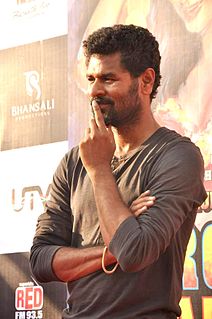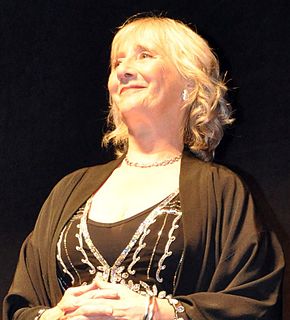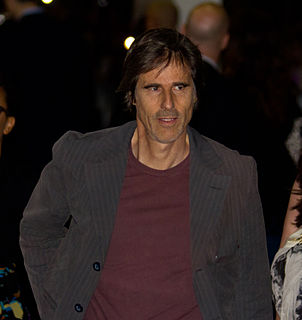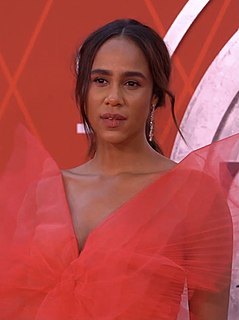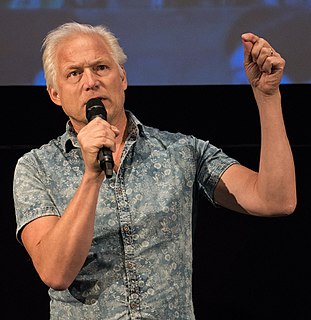A Quote by Sobhita Dhulipala
Every time I decide not to do a commercial film, a masala film, I'm closer to myself.
Quote Topics
Related Quotes
I got into film in an odd way - when I was 17 years old I participated in a Swedish film as an actor. I think every person at that age should get a role in a film, because during that time you want acceptance, and when you have a role in a film you become an important person. I think about that now, and that was my fantastic starting point.







